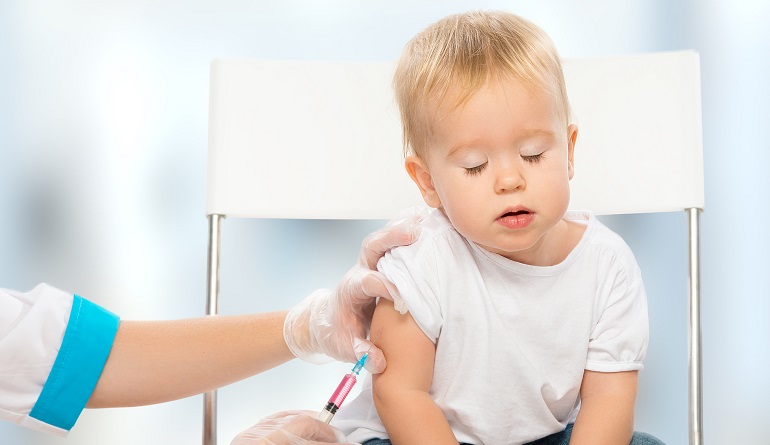Vaccinations used to be standard procedure at the pediatrician’s office. But recently, there’s been a buzz in new-parent circles, questioning the validity and safety of vaccines. The truth is, vaccines are still one of the best ways to protect our children from diseases.
Safety Concerns
The biggest concern expressed about vaccines is that they are believed by some to cause autism. This fear arose after British physician Andrew Wakefield and his colleagues published a study, in 1998, suggesting that children who received the MMR (measles, mumps, rubella) vaccine were more likely to develop autism. The study was poorly designed, and Wakefield was later found to have falsified his data. Current research points to genetic, rather than environmental, causes for autism, but, thanks to Internet alarmists and media attention, there are many who continue to believe that vaccines cause the disorder.
World health officials say that vaccines are the single most important preventive health strategy available today. Vaccines are safe and effective in preventing life-threatening diseases in the U.S. and around the world. Recent outbreaks of measles, mumps, and meningitis in cities across the U.S. have led to the deaths of unvaccinated children, emphasizing the continued need for vaccines.
Vaccines can, on rare occasions, cause allergic reactions or infection at the injection site. Children may have fever for 24 to 48 hours, or tenderness at the injection site, and measles and chicken pox vaccines occasionally cause rashes. Such reactions are part of the body’s immune system response, and they generally are not serious. You can relieve your child’s discomfort with acetaminophen or ibuprofen.
Timing of Vaccines
The first vaccination children receive is for Hepatitis B. This vaccine can be given on the day of birth, to prevent transmission from mother to infant. It is not wise to delay this, since a birth mother may carry the infection. Adopting parents should ask the birth mother to sign consent for this vaccine. Other vaccinations generally start at the two-month checkup. (See “Immunization Schedule for Kids,” below.)
Many combination vaccines are available today, providing protection with fewer pokes. Vaccine timing has been carefully studied, ensuring both safety and efficacy. There is no truth to the concern that giving several vaccines at once will overwhelm a child’s immune system. We are all exposed to many antigens every day, and healthy immune systems can handle them.
International Vaccines
If a child adopted internationally has no records, or has records with dates that don’t meet U.S. standards, the vaccine series should be started from scratch, using the standard catch-up schedules. Older children may need fewer doses of some vaccines, since their immune systems can respond more efficiently.
When records are available—even if they appear complete—a child’s doctor should check blood immunity levels (known as “titers”) to verify that the child is immune. It’s always important to check because records may have been translated inaccurately, and orphanages frequently have outdated supplies or inadequate refrigerators in which to store vaccines.



